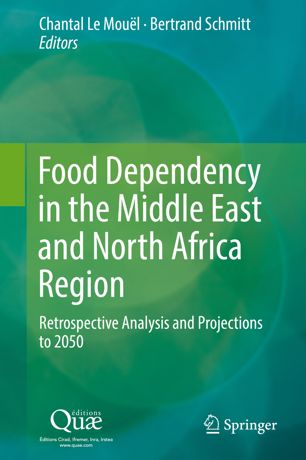

Most ebook files are in PDF format, so you can easily read them using various software such as Foxit Reader or directly on the Google Chrome browser.
Some ebook files are released by publishers in other formats such as .awz, .mobi, .epub, .fb2, etc. You may need to install specific software to read these formats on mobile/PC, such as Calibre.
Please read the tutorial at this link: https://ebookbell.com/faq
We offer FREE conversion to the popular formats you request; however, this may take some time. Therefore, right after payment, please email us, and we will try to provide the service as quickly as possible.
For some exceptional file formats or broken links (if any), please refrain from opening any disputes. Instead, email us first, and we will try to assist within a maximum of 6 hours.
EbookBell Team

4.0
16 reviewsThis volume covers the Middle-Eastern and North African regions who are increasingly dependent on imports from abroad for covering their domestic food needs. Results of this study show that this import dependence is likely to increase further by 2050. Some sub-regions hardly reach sustainable levels; the Maghreb, Near and Middle-East could import 60 to 70% of their food needs. These results are indicative whatever the considered scenario, but especially if climate change impacts become more severe.